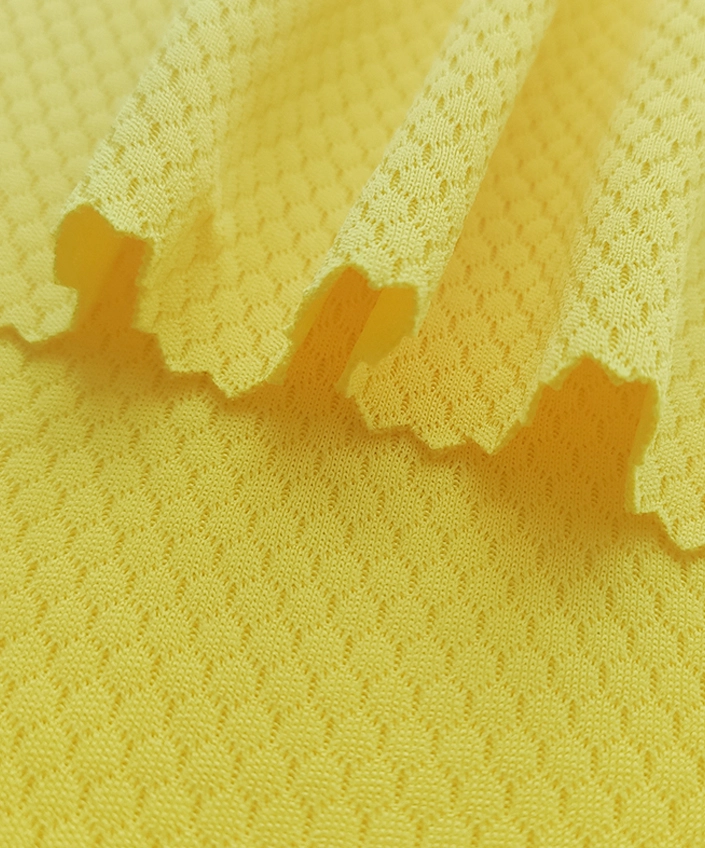Cotton’s soft, breathable fibers allow air circulation, keeping skin cool in summer and warm in winter. Its hypoallergenic properties make it ideal for sensitive skin, reducing irritation and allergies. Innovations like RESTech COTTON™ enhance softness by 40% while maintaining durability, ensuring comfort for daily wear.
Cotton absorbs moisture efficiently, wicking sweat away from the skin and preventing odor buildup. Despite its lightweight feel, cotton fibers are strong and resilient, retaining shape and color through repeated washing. Blends with fluorine-free DWR coatings add water resistance without compromising eco-friendliness.
As a biodegradable, renewable resource, cotton aligns with eco-conscious trends. Organic cotton farming reduces water usage by 82% and avoids synthetic pesticides. Brands like IKEA and XuanYang Textile prioritize recycled cotton and OEKO-TEX® certifications, ensuring chemical safety and ethical production.
From casual T-shirts and breathable underwear to luxury bedding and medical textiles, cotton adapts to diverse needs. Its ability to blend with materials like bamboo or recycled polyester expands functionality—e.g., moisture-wicking athletic wear or stain-resistant table linens.
Over 70% of shoppers actively seek 100% cotton for its perceived quality and sustainability. Its timeless appeal bridges generations, with innovations like graphene-infused cotton for thermoregulation ensuring relevance in modern performance wear.

Natural Softness
Hypoallergenic Properties
Biodegradability
Resource Efficiency
Certifications
Moisture Management
Durability
Consumer Preference
Versatility
Environmental Footprint
Technological Integration